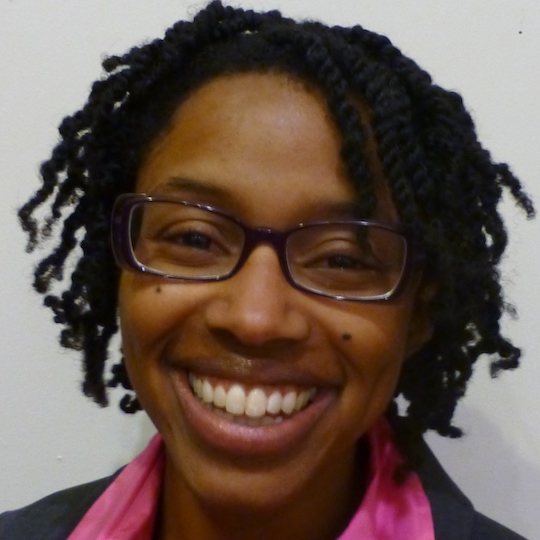 A new study led by Kiarri N. Kershaw, an assistant professor of preventive medicine at the Feinberg School of Medicine of Northwestern University in Chicago, finds that African Americans who live in racially segregated neighborhoods are more at risk for developing high blood pressure than African Americans who live in more diverse neighborhoods.
A new study led by Kiarri N. Kershaw, an assistant professor of preventive medicine at the Feinberg School of Medicine of Northwestern University in Chicago, finds that African Americans who live in racially segregated neighborhoods are more at risk for developing high blood pressure than African Americans who live in more diverse neighborhoods.
The study followed nearly 2,300 African Americans over a 25-year period. They found that those African Americans who moved to diverse neighborhoods saw a decrease in blood pressure and those that remained in diverse areas saw their blood pressure drop even more.
Access to better health care, more healthy choices for food shopping and restaurants, reduced levels of pollutants, and lower crime rates leading to less stress may all be reasons why the results of this study showed a decrease in high blood pressure on those that moved to diverse neighborhoods. But, one must consider that those who are able to move to more diverse neighborhoods may higher incomes, better jobs, etc., that may lead to a healthier lifestyle and reduced levels of stress.
The authors conclude that “social policies that minimize segregation, such as the opening of housing markets, may have meaningful health benefits, including the reduction of blood pressure.”
Dr. Kershaw holds a master’s degree in pharmaceutical chemistry, a master of public health degree, and a Ph.D. in epidemiology from the University of Michigan.
The full study, “Association of Changes in Neighborhood-Level Racial Residential Segregation With Changes in Blood Pressure Among Black Adults,” was published on the website of JAMA Internal Medicine. The article can be accessed here.











